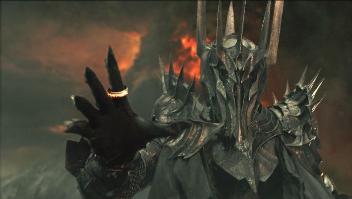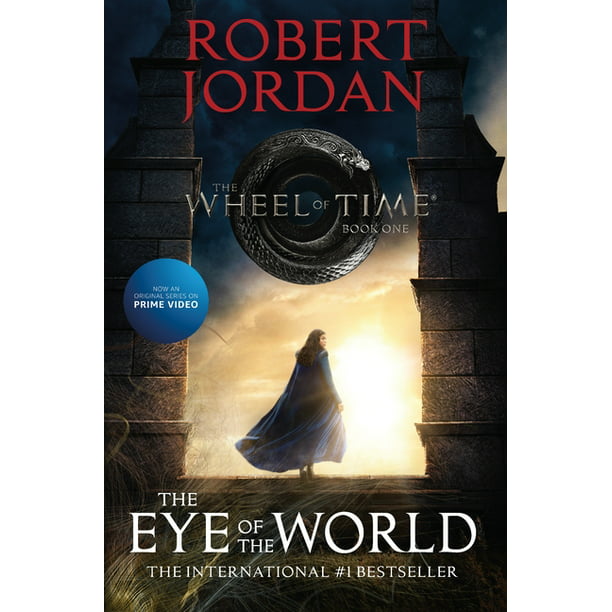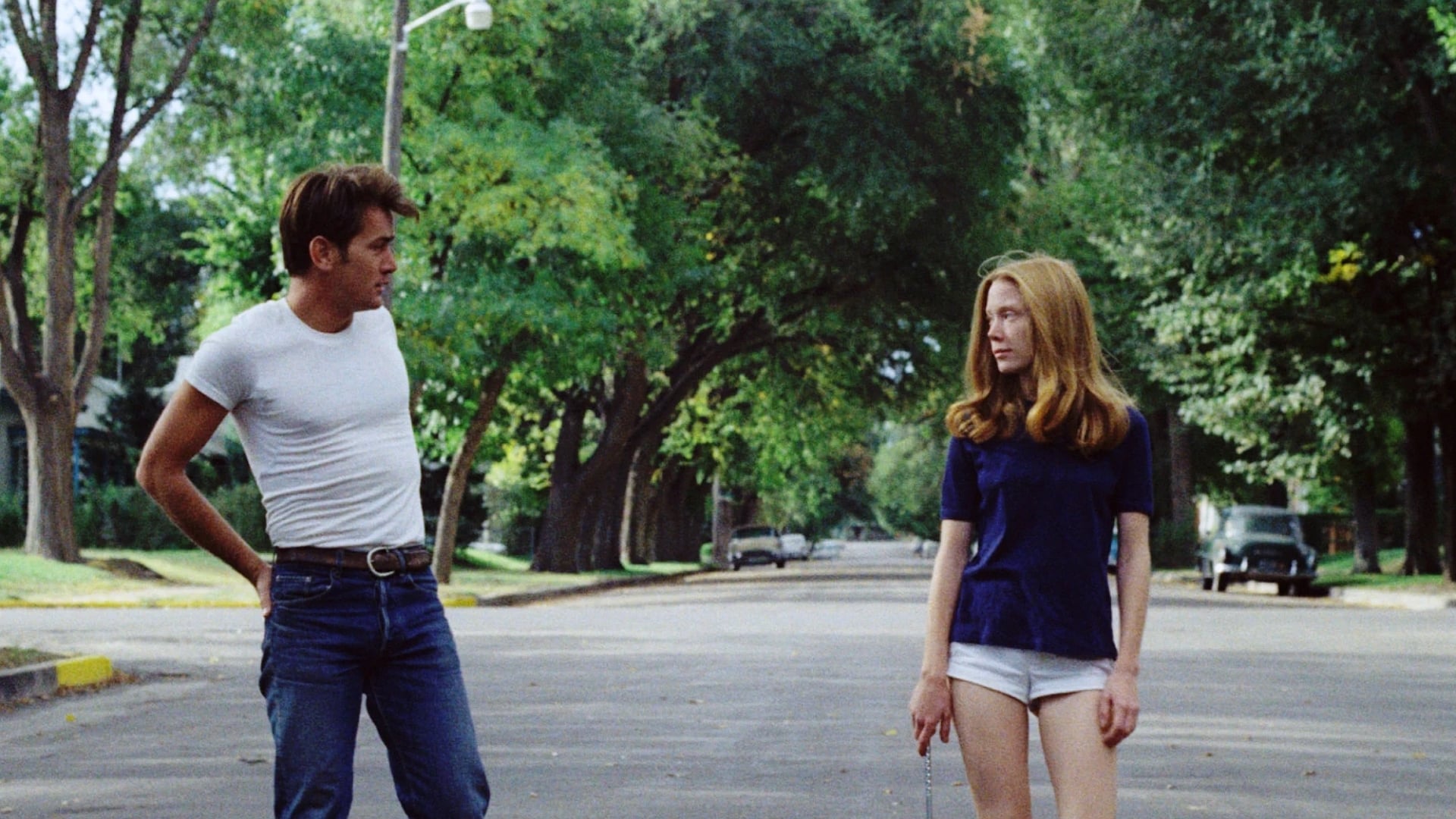First appeared in Sam Merwin, Jr.'s June 1949 issue of Thrilling Wonder Stories. Reprinted (first three chapters) by Brian Aldiss. Recommended by Stephen E. Andrews, Nick Rennison, T. A. Shippey, A. J. Sobczak, David Pringle, James Cawthorn, Michael Moorcock.
You can read an extensive excerpt through Baen (and purchase the book or ebook) although it's unclear if it's the full novel or just the original publication--or if those are exactly the same. I did some comparison and so far it seems to be the novel.
"As an archaeologist, Matthew Carse was in search of the ancient Martian past. He did not find it--but it found him, and in no time he was fighting for his very life!"
The above quote may have come from this issue or perhaps Brian Aldiss who, in his Space Opera anthology, said he tried to use the original quotes when possible to give the anthology that Space Opera feel.
Carse is a former archaeologist who seems be resting on his laurels at age thirty-five, living on his non-native Mars for most of his life. He seems to be retired, living the good life--presumably dealing in antiquities, finding adventure where he chooses, traveling through the shady part of town and finding said adventure.
A thief is tailing him, for an unnamed reason, and Carse catches him. We never learn the truth, but the thief claims he has a treasure that he wants Carse to sell for him back on Earth because he'd get in trouble if he sold it on Mars. Carse realizes the only way the thief came across the treasure was to have found the Tomb of Rhiannon. He demands the thief take him there.
They go, but the thief has something else in mind, and thrusts Carse a million years into the past.
#
What traits give this brief novel its power?
One has to be the mixture of genres found in science fantasy. It draws from the same well that George Lucas drew upon when he wrote, "Long time ago in a galaxy far, far away" bringing us to worlds impossible for our experiences to map on. It draws on Edgar Rice Burroughs' Mars, a planetary romance--no doubt a powerful influence--but Brackett does something more with it. We begin in the future where travel between Earth and Mars is common.
Aldiss said he chose this as space opera because it dealt with the issue of exile. That seems an odd definition. Is Robinson Crusoe a space opera? Or was it simply a trait he found among stories he wanted to select? Perhaps Aldiss means being an outsider--one who eventually finds his place in a world not his own? If there were a theme here, that may be it.
But the exile theme doesn't capture the power of the work--at least not fully. In fact the story seems not to hold to any one particular theme or especially complex characters. There does seem to be a potent statement made about the treatment of one's enemies, post-war (the novel appeared shortly after WWII) but it isn't a theme the novel builds toward.
No, the charm of this novel depends largely on its romance in the sense of its transporting readers on an adventure to another place and two other times, to gods, spirits and possession. The wildness of its speculation is a definitive draw.
Another draw is the language. You can sense this in the different titles. The first listed above (the revised title) captures what may best unite the text. However, the second (and original) captures more of the romantic spirit of the tale--The Sea-Kings of Mars--the mellifluous sound, the mysterious image of a thing that is never fully explained.
Here's an example of both the romance and the fluid language:
"Carse walked beside the still black waters in their ancient channel, cut
in the dead sea-bottom. He watched the dry wind shake the torches that
never went out and listened to the broken music of the harps that were
never stilled. Lean lithe men and women passed him in the shadowy
streets, silent as cats except for the chime and whisper of the tiny
bells the women wear, a sound as delicate as rain, distillate of all the
sweet wickedness of the world."
Note the flow. But there's a slight, stilted awkwardness to "that were never stilled." Brackett drops these in infrequently, but just enough. These tiny strange arrangements of language may not be accidental but may be meant to evoke another time and place. It seems quite possible that the language was inspired by the King James Bible--a version that was once considered the best in terms of language and was still used in the pulpit. It was also the language of poetry. You can hear it in the Romantic poets although when you look at the dialogue of novels from the same era, the language appears closer to modern speech than to the King James. So the unusual cadence also captures both the poetry and the language of God (or gods). Lovecraft and company overdo this. Brackett does it so gently as to be almost subliminal.
To our ears, it doesn't sound so natural since we are farther from the Romantic poets and the pulpits that relied on King James Bibles, but it might still work for those with training in older forms of English. Brackett's usage is so subtle, though, that few will note her language shifts--whether in cadence of older word choices like "daren't."
One thing that might trip up contemporary readers is the opposing ideas of what people now consider romance (in our current usage of the term) versus Brackett's age. One character forces a kiss on his prisoner. Brackett means for her readers to see the helpless attraction despite frustration about the other's behavior.
But perhaps contemporary readers will consider it toxic. Why would either be attracted to the other? A valid question. A progressive case could be made that one or both do not deserve love. Maybe this idea of love of this kind is too dangerous to entertain, however fleeting, so such readers might steer clear.
On the other hand, why not? Are the ways of love beyond our ken? It'd be interesting to hear Brackett's take.
Her best characters are the conniving side-kicks:
"Even through the fear[,] a note of cunning crept into the voice. 'I have a gift....
" 'First,' said the Martian, 'I am Pankawr of
Barrakesh. You may have heard of me.' He strutted at the sound of his
own name like a shabby bantam rooster.
" 'No,' said Carse. 'I haven't.' "
So many lovely charms in so small a container, this novel brings a thrill of wonder.









![L. Ron Hubbard Presents Writers of the Future Volume 37 by [L. Ron Hubbard, Orson Scott Card, Jody Lynn Nye, Kristine Kathryn Rusch, Craig Elliott, Christopher Bowthorpe, John M. Campbell, Elizabeth Chatsworth, Ryan Cole, Anj Dockrey, K. D. Julicher, Erik Lynd, Barbara Lund, Sara Fox, Elaine Midcoh, Brittany Rainsdon, Trent Walters, Emma Washburn, Luke Wildman, Echo Chernik, Daniel Bitton, Jennifer Bruce, Isabel Gibney, Rupam Grimoeuvre, Will Knight, Madolyn Locke, André Mata, Sethe Nguyen, Mariah Salinas, Stephen Spinas, Dan Watson, Jeff Weiner, Shiyi Yu, David Farland]](https://m.media-amazon.com/images/I/51RTCGMt+1L.jpg)







